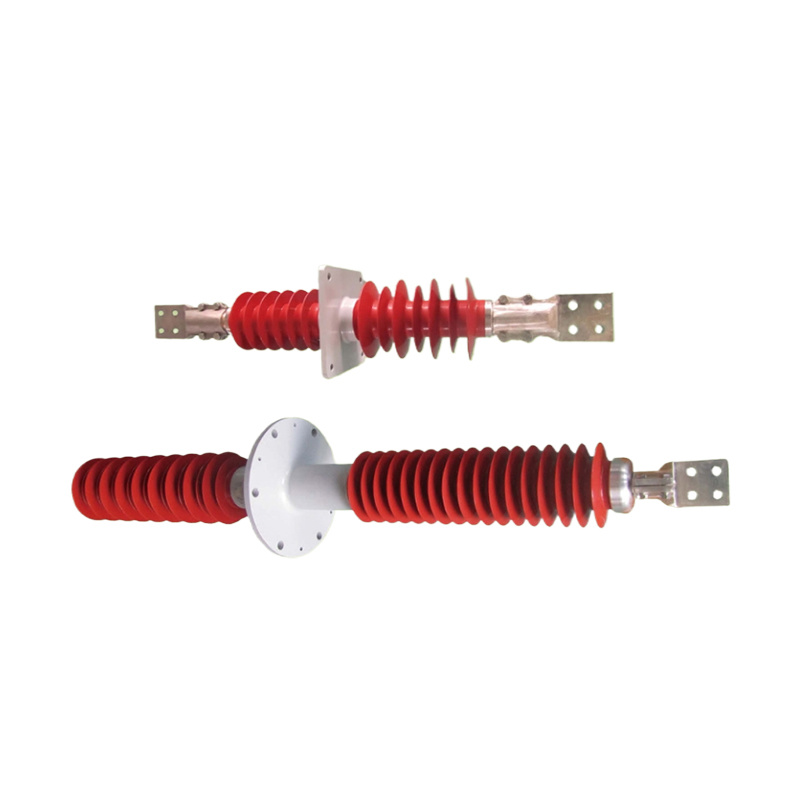
Add:Zhicheng Technology Park, 386 South Second Ring, Wuyao Township, Lianchi District, Baoding City, Hebei Province
Tel:+86 18731278108
Quote Now
Solutions for Your Industry, Ready for Your Choice
Understanding the Significance of 33kV 120kN High Tension Composite Insulators
Release time:
2025-07-15
One of the most notable benefits of using 33kV 120kN high tension composite insulators is their lightweight design.

In the electrical engineering industry, insulators serve a critical function in maintaining the integrity and efficiency of power transmission lines. Among the various types of insulators, the 33kV 120kN high tension composite insulator stands out due to its unique material composition and enhanced performance characteristics.
Composite insulators, unlike traditional ceramic or glass insulators, are made from advanced materials that offer significant advantages in terms of weight, mechanical strength, and resistance to environmental factors. The "33kV" designation refers to the maximum voltage level the insulator can sustain, making it suitable for high-voltage applications, while "120kN" indicates the mechanical strength, ensuring it can withstand severe weather conditions and physical stresses.
One of the most notable benefits of using 33kV 120kN high tension composite insulators is their lightweight design. This characteristic not only eases the installation process but also reduces the load on transmission towers, which can lead to cost savings in infrastructure. Additionally, the composite materials used in these insulators exhibit excellent resistance to UV radiation, pollution, and extreme temperatures, thereby extending their service life compared to traditional insulators.

Another significant aspect is the electrical performance. Composite insulators have lower leakage current, which reduces the likelihood of flashovers—an electrical discharge that occurs when the insulation fails. This feature enhances the reliability of the power distribution network and minimizes outages due to insulation failure.
Moreover, the design of composite insulators provides superior hydrophobic properties, which means they repel water. This is especially beneficial in areas prone to heavy rainfall or humidity, as it prevents water accumulation on the insulator surface, thereby maintaining its insulating properties and reducing maintenance needs.
In conclusion, the 33kV 120kN high tension composite insulator is an essential component in modern electric power systems. Its lightweight nature, mechanical strength, and exceptional resistance to environmental challenges make it a preferred choice for utility companies looking to improve reliability and efficiency in power transmission. As the demand for more robust and efficient power systems continues to grow, understanding the advantages of such insulators becomes crucial for professionals in the electrical engineering field.
Key words:
Related News
Contact Us
Add:Zhicheng Technology Park, 386 South Second Ring, Wuyao Township, Lianchi District, Baoding City, Hebei Province
Tel:+8618731278108
Whatsapp:+8618731278108
Advisory message


